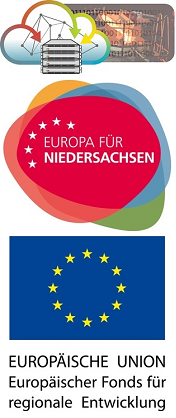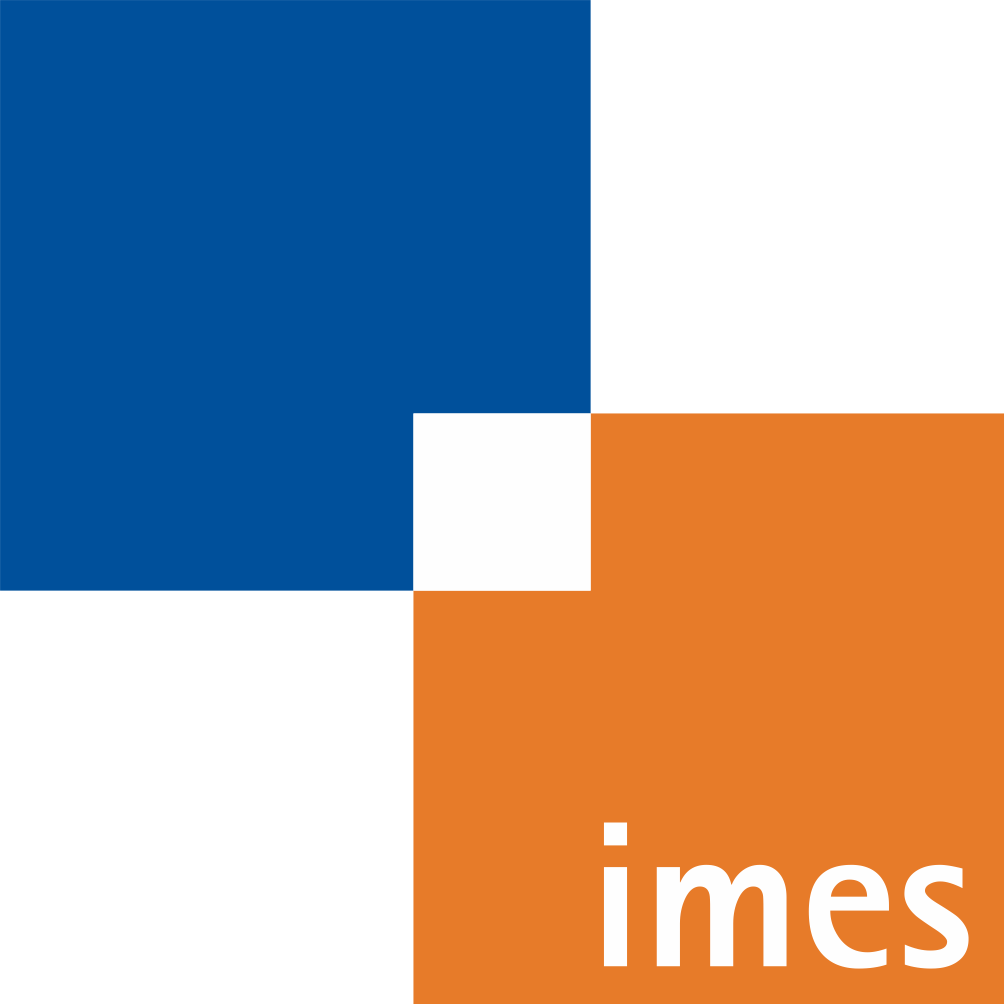Process Monitoring in Production (ProMoPro)

| Team: | Karl-Philipp Kortmann, M. Sc., Johannes Zumsande, M. Sc. |
| Year: | 2018 |
| Funding: | ERDF (European Regional Development Fund) |
| Duration: | 3 Jahre |
| Is Finished: | yes |
| Remarks: | Prof. Dr.-Ing. Tobias Ortmaier |
Introduction
The digital transformation of industrial production processes promises enormous potential for increasing productivity while at the same time improving resource efficiency and flexibility with regard to increasing variant diversity. The integrated crosslink and communication of plant components and a centralized data acquisition enable comprehensive monitoring of increasingly complex process chains. Reliable detection of malfunctions or anomalies, which can lead, for example, to deteriorated product quality, reduced resource efficiency or even damage-related production downtimes, requires the expansion of suitable analysis functions, for example, based on process models and the industrial use of machine learning methods. Appropriate approaches also allow a deeper insight into the process flows and thus the acquisition of extended process knowledge and understanding, so that well-founded decisions can be made in process control.
Description
The overriding goal of the ProMoPro research project is to create universal tools and processes for the digitalization of production plants with high energy consumption and the prototypical use in a green sand casting process. First, a comprehensive system analysis is used to define various process target parameters and to detect critical plant conditions. In order to be able to model the complex process, it is partitioned into suitable sub-processes which can be described by meaningful features. In conjunction with the development of a crosslinked plant structure with central data acquisition and storage, any necessary sensors will be added. The modelling of the partly highly dynamic process sections and their analysis is then carried out with the aid of machine learning algorithms. Here, detectable process-spanning relationships between individual control variables and the previously selected target parameters enable the optimisation of the production process to enhande resource and energy efficiency.
The total amount of the project funds is 483,553.08 €, of which 241,552.50 € will be granted from ERDF and state funds.
The following companies are involved in the cooperation project:
- Künkel Wagner Germany GmbH is a specialist in the fields of moulding plants, sand preparation and casting machines and supports the project with its broad domain knowledge in the field of casting processes and the digitalization of the production plant.
- Meierguss (Heinrich Meier Eisengießerei) GmbH & Co. KG is a company of the MEIERGUSS | GRUPPE and Germany's largest manufacturer of cast products for drainage technology and tree protection. Meierguss grants access to the production facilities (green sand casting).
- IAV GmbH is one of the leading providers of development services in the automotive sector as well as consulting for development processes and supports the project in designing the transferability of the methods and models developed using the example of green sand casting.
The "mit uns digital" (with us digital) 4.0 Competence Centre for SMEs in Hanover supports SMEs in their digital transformation. It supports the project as a platform for scientific exchange and for conducting workshops.
The project will be carried out in close cooperation with the Advanced Control working group of Prof. Martin Grotjahn of the Hanover University of Applied Sciences and Arts (HsH) with the ERDF-funded project on "Prädiktiven Optimalsteuerung energieintensiver Prozesse" (PrOP).
